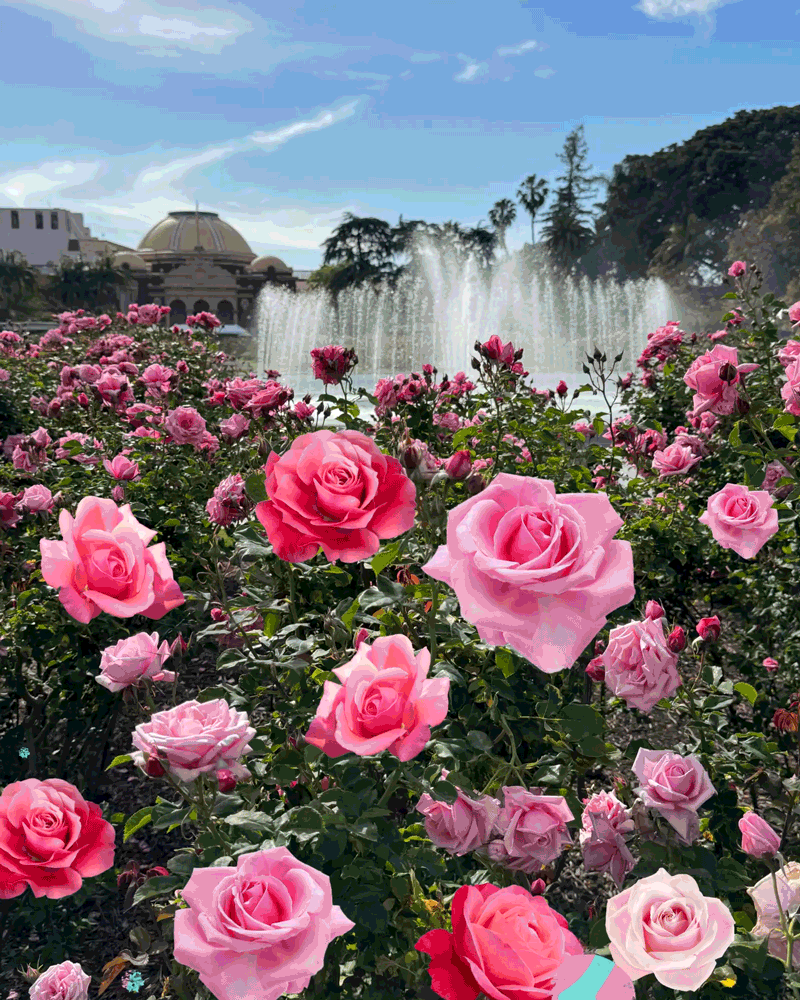San Juan Capistrano’s Loss Is Van Nuys’ Gain
- Share via
Forget San Juan Capistrano. It seems the swallows have.
This year, possibly because of construction around the Orange County mission where the migrating birds traditionally nest, a couple hundred Capistrano swallows have set up housekeeping at the Japanese Garden in Van Nuys.
Sherman Oaks residents Vicki Fenton, Helen Fruchtman and Bobby Gray were among the first of about 500 human visitors to catch glimpses Sunday of the small birds during the garden’s third annual Swallows Day.
“They’re so cute,” Fenton said as she pointed to a pair of swallows flying across a pond.
The swallows have established about 60 nests in the underside of the administration building at the Japanese Garden, a stark contrast to the rustic Mission San Juan Capistrano.
“It works for them,” said Carolyn Oppenheimer, an executive board member of the San Fernando Valley Audubon Society, which helped the Bureau of Sanitation of the Department of Public Works organize the event. Audubon officials identified the birds as former San Juan Capistrano swallows.
Oppenheimer offered several reasons why they might congregate at the Japanese Garden: The roofs of concrete buildings are ideal nesting sites; the nearby Sepulveda Basin Wildlife Area offers an abundance of worms and insects, and there’s plenty of mud left from El Nino to build nests.
Lastly, there is construction galore in San Juan Capistrano.
“I believe there are more swallows here than there are in San Juan Capistrano,” said Bureau of Sanitation Plant Manager Robert W. Birk. “That city is going through reconstruction right now and that disrupts [the birds’] nests.”
Birk said about 200 swallows have made the garden’s administration building their summer residence.
As a safety precaution for people, the bureau installed screens directly over walkways.
“One of those nests will fall periodically and we don’t want them falling on people’s heads,” Birk said.
As a bonus, said Elaine White, the chairwoman of the Japanese Garden docents, “It’s cleaner for us because you don’t have to watch out for bird droppings.”
Tours of the garden begin at 9:30, 10 and 10:30 a.m. Monday through Thursday, and Saturdays. Tours also will be conducted on weekdays through the summer from 6:30 to 7:45 p.m.
More to Read
Sign up for The Wild
We’ll help you find the best places to hike, bike and run, as well as the perfect silent spots for meditation and yoga.
You may occasionally receive promotional content from the Los Angeles Times.






